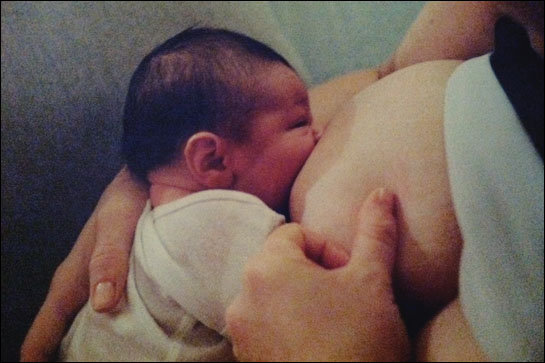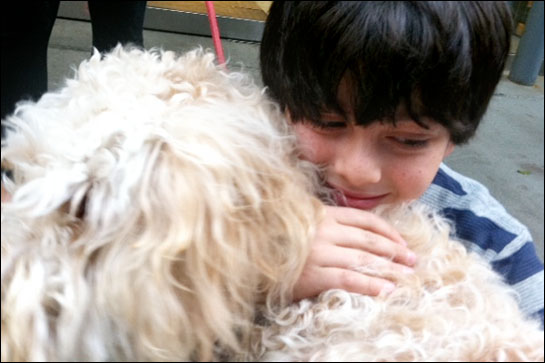
There is a cognitive dissonance about public schools. Everyone knows public schools in the US are terrible, but everyone thinks their school is the exception. The reality is that your school would be the exception only if it teaches using project-based learning. Which it doesn’t. The public schools that are exceptional are exceptional at teaching to the test – a process that’s widely discredited.
Give your kids more credit than that.
Public schools suck. Reformers say child-driven learning and project-based learning are best. Parents are the only educators in a position to do that. So all kids will get a better education at home. And kids can teach themselves if you don’t knock the wind out of them with school early on.
I put links in that paragraph, but I don’t think I have to. I think all I have to tell you is that public school suck and Time magazine is telling you that you’re delusional about your particular school being the exception to the rule. Do you need someone more mainstream than Time magazine telling you that?
Take some personal responsibility. It’s so easy to bemoan the status of our public schools. And hope someone else fixes them. But get real: Our country is too diverse and too much in debt to fix those schools. The problem is too big. Maybe we’ll solve the problem, but not in your kid’s lifetime.
Talking about school reform is a way to shift the responsibility of educating your kids from you to someone else. Who really, you don’t even know. Because who is in charge of fixing schools, really? Who knows? Instead of talking about school reform, take your kids out of school.
Instead of practicing learned incompetence, admit that you could do as good a job at project-based learning as a school that is not even trying it.









